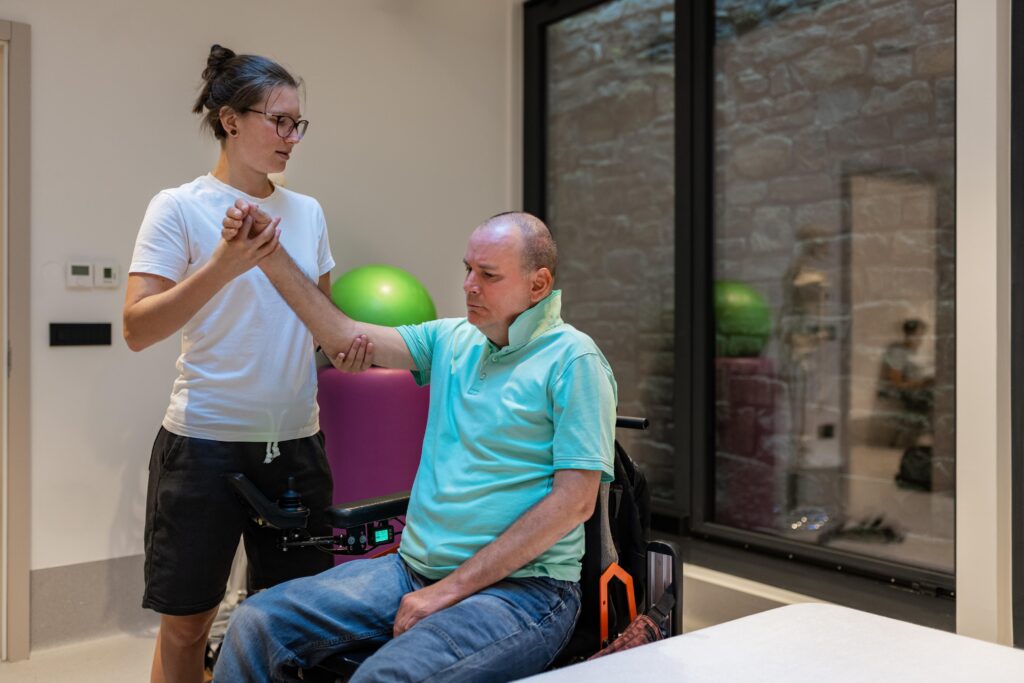One of the most critical aspects of home care for seniors is communication. It acts as a glue that holds everything together, it ensures that the needs of seniors are met while fostering trust and understanding between everyone involved in the process. Even the best intentions can fall short if the communication is effective. Let’s discuss why communication is so vital in senior home care services and how much of a difference can be made by it.
Building Trust and Understanding
Open Dialogue
Trust doesn’t just happen overnight—it is built through a foundation of open dialogue which takes time. Seniors are supposed to feel comfortable first in order to share their thoughts, feelings, and concerns with their caregivers. This openness can be a catalyst to create such an environment where they feel heard and respected, which is essential for their emotional wellness.
Personal Preferences
Everyone has their own way of doing things, the same way every senior is also unique. From their taste in tea to their preferred time to take their medications, understanding these personal preferences can allow them to feel valued and heard. Caregivers can easily tune in to these details with the help of communication, resulting in not just adequate but truly personalized care giving services.
Preventing Misunderstandings
Clarity Is Key
Mistakes are the most concerning when it comes to health care. One of the reasons for mistakes can be misunderstandings. Therefore, clear communication is the most effective way of avoiding these errors. For example, serious issues can be prevented by confirming medication schedules or double-checking dietary restrictions. It’s all about being proactive in communication to avoid potential problems.

Addressing Concerns
Sometimes urgent issues arise that require immediate attention. It can be anything, a new symptom or even a change in mood, it is crucial to communicate these concerns quickly and clearly. This will make sure that any problem that arises is addressed promptly, and the senior’s health and safety is kept as the top priority.
Involving the Family
Keeping Everyone in the Loop
In senior care, a big role is played by the family members. Which is why, keeping them informed is just as important as communicating with the seniors themselves. Keeping them updated regularly about the senior’s condition, progress, or any other concerns will help keep everyone on the same page. Thanks to this, the family members will feel more involved and reassured that their loved one is in good hands.
Facilitating Family Communication
Sometimes, due to distance or other barriers, seniors may have difficulty communicating with their family. Caregivers can help them overcome these barriers and facilitate connections, whether by arranging video calls or assisting with letter writing. It is vital for the senior’s overall happiness and sense of belonging to maintain these family ties.
Adapting to Communication Needs
Adjusting for Hearing or Vision Impairments
Facing challenges like hearing loss or vision impairments are common among many seniors, which can complicate communication. Caregivers must find ways to adapt to their methods, such as speaking more clearly, using visual aids, or writing things down, to let the senior be able to fully understand. In providing effective care this adaptability is important.
Using Technology
A great tool for enhancing communication can be technology. Using apps or devices that offer voice-to-text features can help seniors stay in touch even if they find it difficult to type. These tools can also be utilized for reminding them of appointments or medication schedules. Thus, reducing the chances of miscommunication.
鼓励独立
Empowering Seniors
Good communication is more than just about conveying information—It is also about empowering seniors to be decision makers themselves. By discussing their options and listening to what they prefer, caregivers can encourage seniors to have an active role in their care. This will help them maintain a sense of independence while also boosting their confidence.

Decision-Making Together
When it is time to make decisions, whether about health care or daily routines, letting them take part in these discussions is essential. This will allow for a collaborative approach which will not only respect their autonomy but also allow decisions that are in their best interest and are aligning with their wishes.
Handling Difficult Conversations
Approaching Sensitive Topics
Sometimes, difficult conversations, such as discussing health declines or end-of-life care, are going to be inevitable and necessary. It is very important for these topics to be approached with sensitivity and care. You must choose to be honest yet compassionate at the same time, to allow for these discussions to happen in a way that is both respectful and considerate of the senior’s feelings.
Offering Support
It is vital to offer emotional support during challenging times through communication. It can be something as simple as just being there to listen to them or providing comfort through reassuring words, this can make a significant difference in how a senior is going to cope with difficult situations.
Effective communication, the cornerstone of quality senior home care, ensures that seniors feel heard, understood, and valued, which in turn is a big advantage for their overall wellness. At 首護天使, we prioritize it in every aspect of our services. Our team is dedicated to listen, support, and provide the personalized care that your loved ones deserve.
访问 我们的网站 today to learn more about our services and how we can help create a caring and communicative environment for your family.


